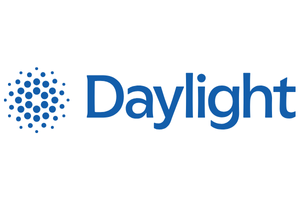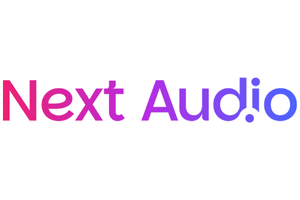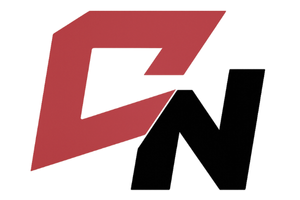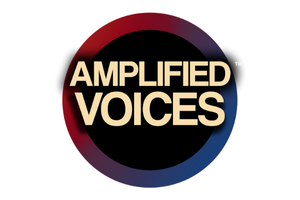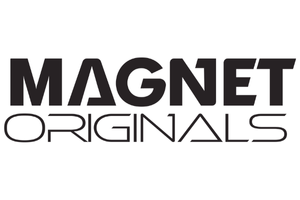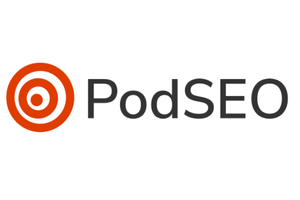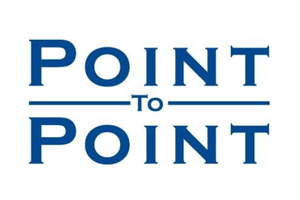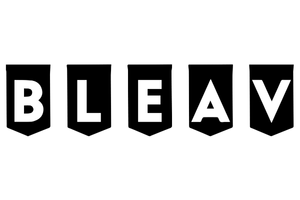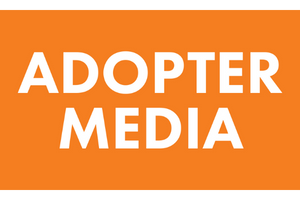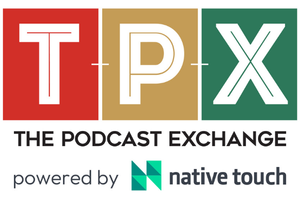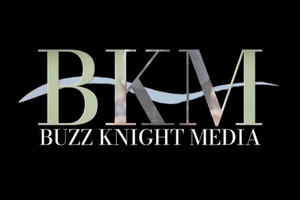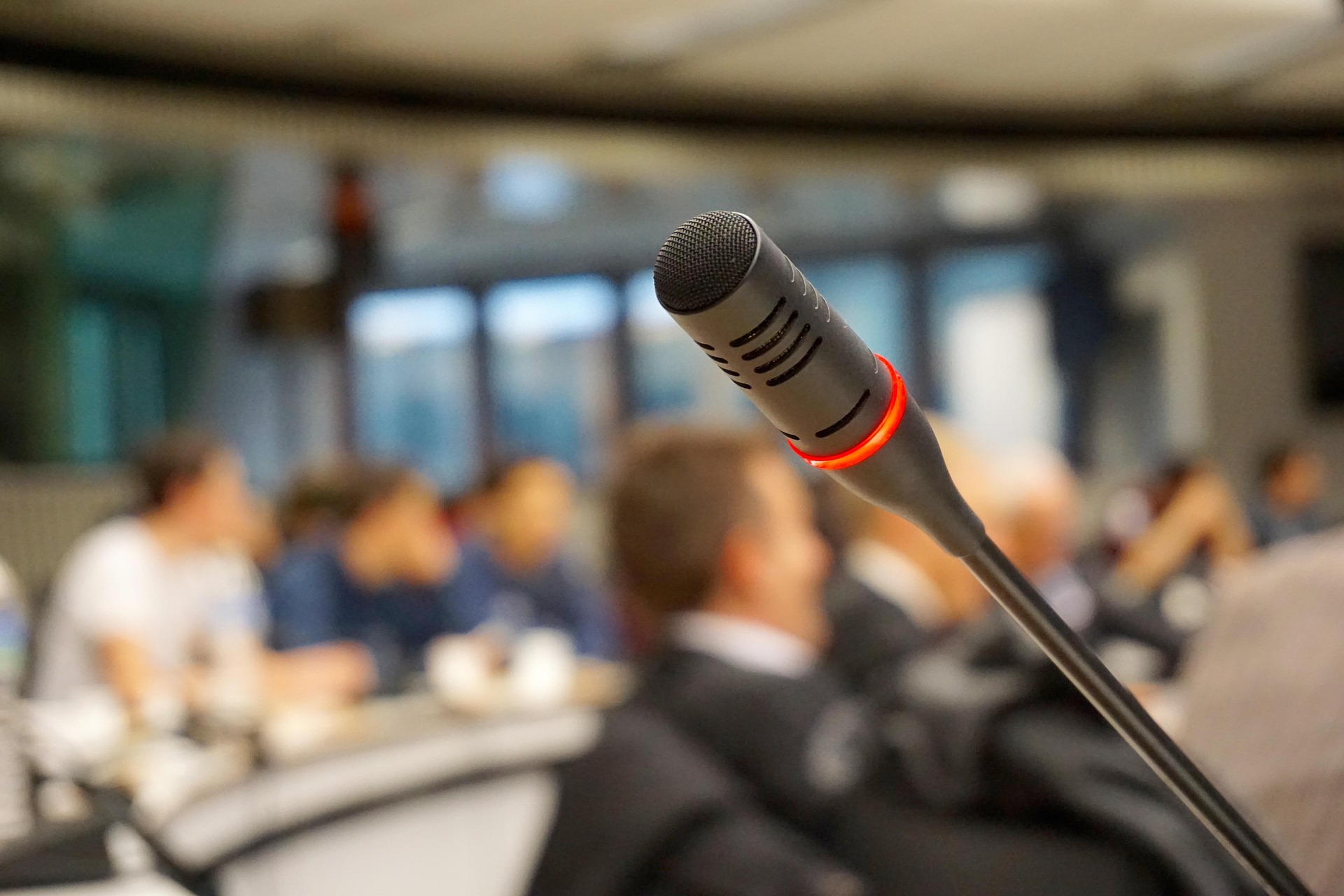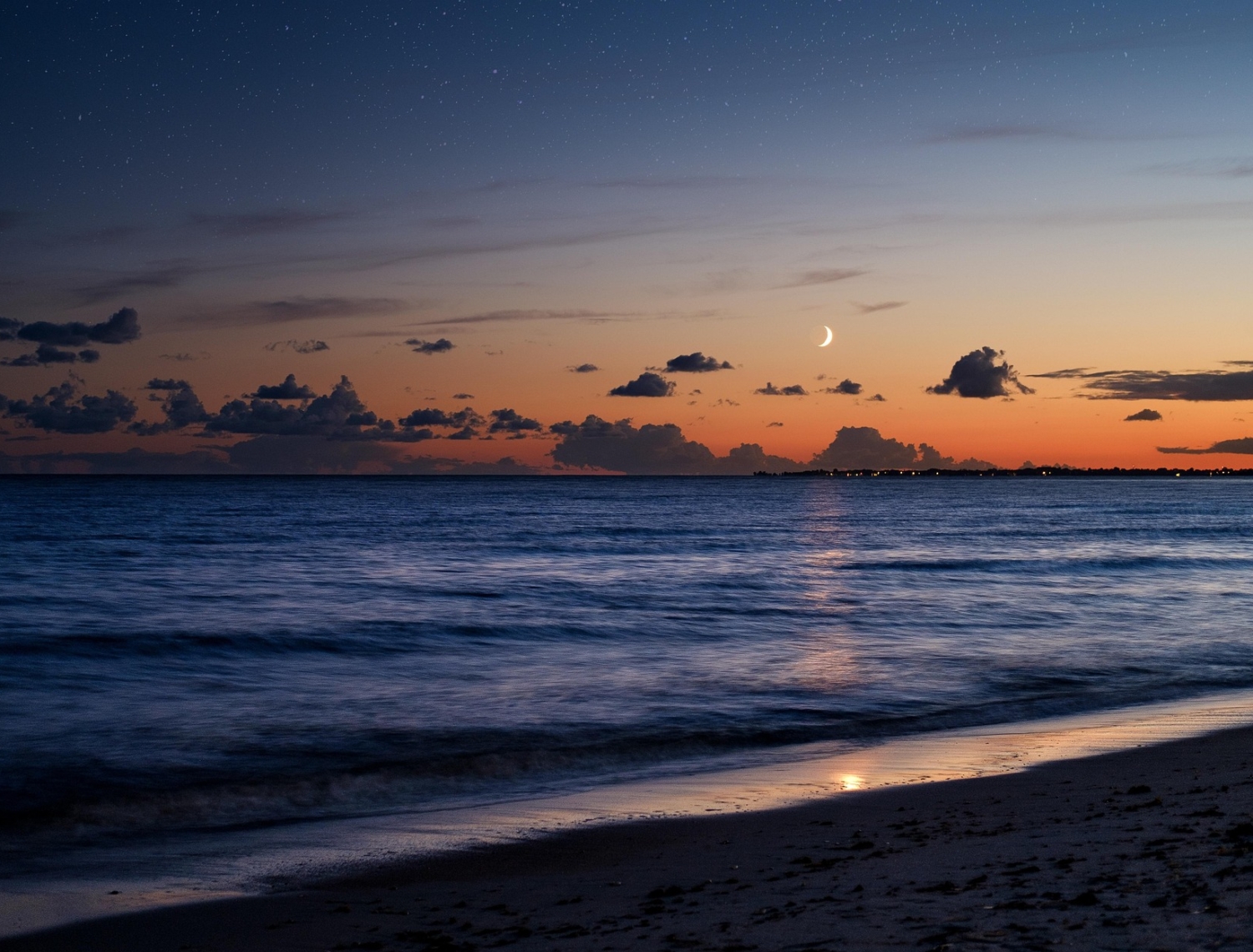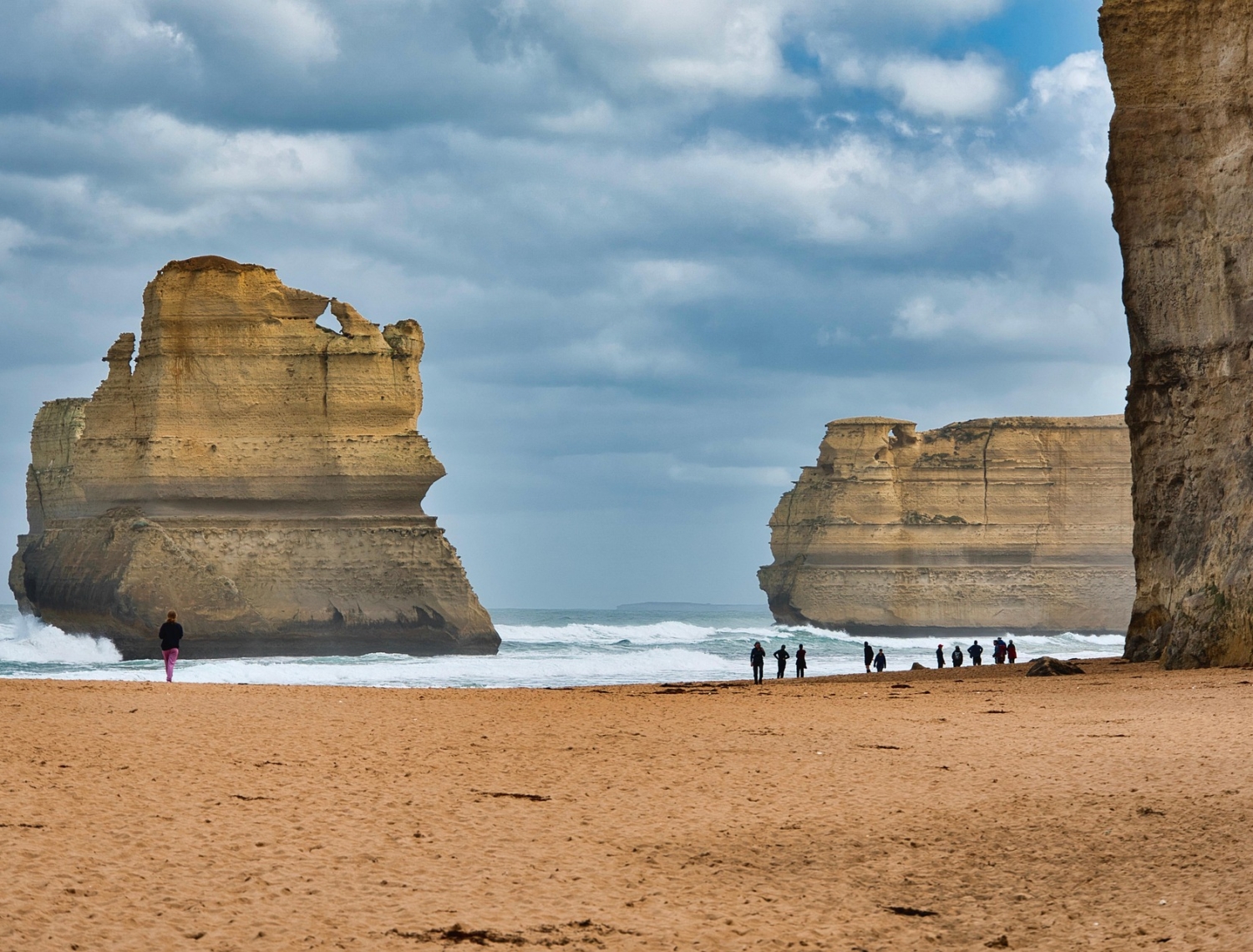A look at the precarious position of news publishers, and how podcasting can fit into propping up the Fourth Estate.
A short one this week – a lot of moving parts to corral as we prepare for a busy week at Podcast Movement and the upcoming release of our largest study to date, The Podcast Landscape 2024. You can register now for the live debut webinar, coming to a screen near you at 2:00 p.m. EST on Wednesday, August 28th.
The news has been on my mind a lot lately. I don’t think I am alone in worrying about the future of news journalism, and I don’t have much to add to this particular debate because I am not a journalist – I am an interested, concerned citizen. I pay for multiple sources of news content, and that is a benefit of economic privilege. It is a sad truth in this country that the low-information consumer strongly correlates with the low-income consumer because so much of the journalism in this country (necessarily, sadly) resides behind paywalls.
I often wonder what America would look like today, if we had always had a license fee, as we see with the BBC in the UK, that distributed the support of a national media organization across the population. I am sure my British friends could provide me with a considerable education in this, and many have, late at night in various pubs. Plusses and minuses, to be sure. But still, public access to journalism in the UK and the various European countries I’ve worked in with strong state media organizations certainly feels better than what we have here at this moment.
To go further here would truly be to go beyond my depth. I am (as a Bostonian) saddened that I won’t get to listen to a Boston Globe news podcast – it is very hard to build a subscription product from scratch. I am also sad to read that WCBS-AM in New York is ending its all-news format after 60 years (!) of providing crucial information services to a large part of the region. I consulted a media organization in the Middle East for a decade, and every year our research came back that the population was crying out for a news station, and every year that organization declined because it would cost too much (and likely run into government interference, but that’s a story for another time).
The news is expensive. But guess who doesn’t have to maintain towers or printing presses? That’s right, podcasters. Podcasting has an obvious operational efficiency here, and I have spoken before about my dream of being able to hop into a car, push a button, and get exactly the news, traffic, and weather relevant to me exactly when I want and need it. But none of that happens without money, and direct support alone won’t cut it. We need brands to fund the news.
The most recent Magellan.ai list of top spenders in podcast advertising tells the tale:

There’s a lot of comedy and sports in the top ten, just two True Crime entries (see last week’s article), and no news. Now, Comedy and Sports are hugely popular – so I am not here to take anything from those shows. But it’s worth looking at this sneak preview of The Podcast Landscape 2024, the study we will be talking about at Podcast Movement next week and in an online presentation the following week.
We surveyed over 5,000 Americans 18+ (the largest public study of digital audio consumption in the country), and one of the questions we asked monthly podcast consumers was to pick which genre(s) of podcasts they listened to in the last 30 days. Here is what they told us:

The top five are pretty clear here, and they include True Crime and News. When I talk to people who represent or sell these podcasts, I hear many of the same things – brands are scared off from potentially unsuitable content. Recently, one of the resources that media has been able to draw from, the Global Alliance for Responsible Media, has been forced to shut down thanks to the pressures of a lawsuit from Elon Musk’s X. I truly hope that Arielle Garcia is right here that this is a reset, not a setback. But we also can’t – I mean CANNOT – settle for a world in which news is defunded because a keyword extractor found the word “gun” in a story.
The public is smarter than that – we learned in our 2022 study, Safe and Sound, that people self-select for the content they consume. If you make the choice to listen to True Crime or News, you aren’t going to be shocked if you hear a story about murder. It’s why you are listening in the first place. And it makes little sense to me that these podcasts get pushback from brands when we have insurance and pharma commercials all over the evening TV news or laundry detergent ads on Law & Order.
I am too reserved a person to use words like “crisis.” Not really a spicy take guy. I personally believe that society crumbles without a strong Fourth Estate, but even if you don’t, just look at the numbers above – people are consuming news. There is an audience there. When WCBS-AM ceases being an all-news station, where are the current listeners going to get their news? It should be podcasts. And it should be podcasts that are at least on par with pulling advertising dollars as their comedy and sports counterparts.
The state of the news as a business in America is far too complex for me to wrap this up with any kind of simplistic cri de coeur. There are protagonists and antagonists all around. It is too simple to blame the operators. It’s too simple to blame the audience (they are never wrong). And it is too simple to blame advertisers. But surely part of the solution is for brands and advertisers to recognize that they, too, play a role in this. Maybe, even a responsibility.
New Partners
Sounds Profitable exists thanks to the continued support of our amazing partners. Monthly consulting, free tickets to our quarterly events, partner-only webinars, and access to our 1,800+ person slack channel are all benefits of partnering Sounds Profitable.
- Yap Media is a Business and Self-Improvement Podcast Network, known for creative 360° campaigns and an award-winning in-house social media agency.
- The Los Angeles Times strives to bring you engaging, informative and sound-rich storytelling that is based on the outstanding coverage the Times is known for.
Want to learn more about partnership? Hit reply or send us an email!









